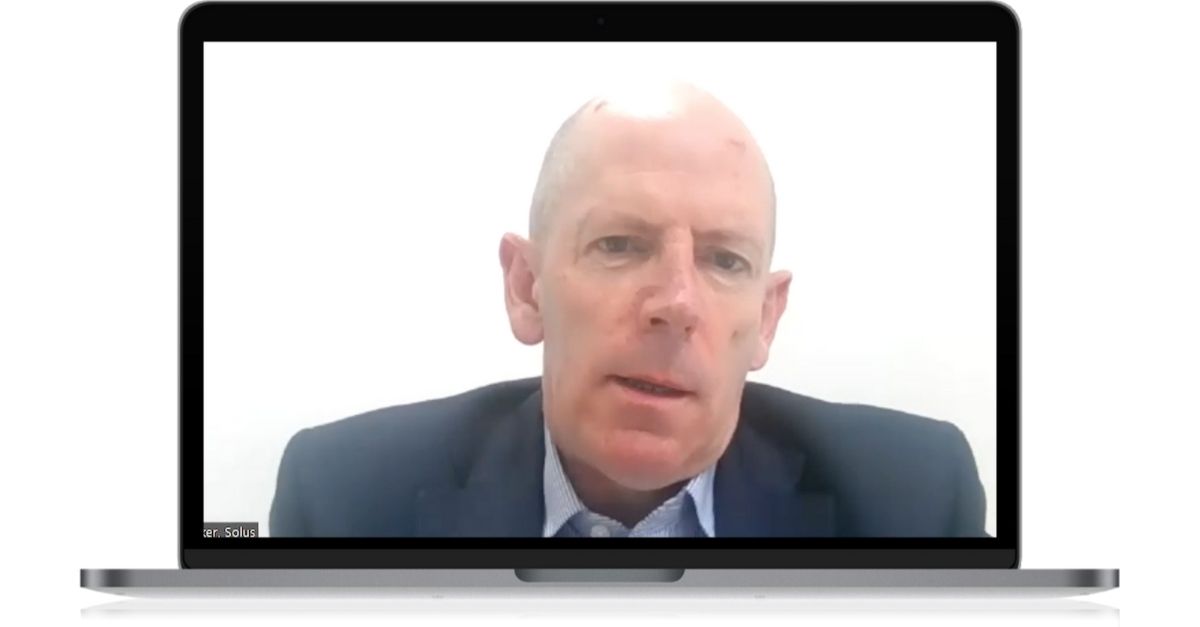Following on from the recent Vehicle Technology webinARC – we caught up with panellist Andrew Hooker, Head of Technical at Solus Accident Repair Centres to pose some questions received from those tuned in.
Based on the volume of EVs, how will the sector recruit and train the technicians of the future?
As I touched on in the online debate, I believe we need to recognise a new skill level within our technicians, or perhaps different levels of Bodyshop MET technician, much as there are junior, senior, and master technicians in the main dealers. There will be a need for ongoing learning and skills development, and we should be looking for those with the will and confidence to progress themselves.
Perhaps new recognition comes with us as an industry having confidence to call out the automotive sector as being highly technical and recognizing how sophisticated the vehicles we work on are, and communicating this to potential ambitious candidates of the future to get excited about.
I would suggest this is a mix of VM and independent training. There is much commonality in EV’s and how to handle them and these can be addressed by many UK training providers, but also some brand/model specifics, and VM training/learning would benefit technicians.
What training and development will we need to make available to ensure we build that infrastructure?
The VM should provide some of the expertise to enable their customers to get the service they need and deserve. Whilst it is a competitive marketplace, the customer has the right to take their car to an independent repairer, even if just for tyres or wiper blades. The VM could help set the framework for UK wide training & qualifications that enable these vehicles to be maintained properly. There will always be specialisms and the experience and frequent exposure to VM specific technology should still enable the main dealers to have a competitive advantage to compete against cheaper independents, but a safe and skilled UK workforce would mean we all see safer cars, and cars that are maintained properly. All parties could gain by having a higher skilled workforce pool to fish from.
What is clear is that the competency and training frameworks of today need to evolve far faster, to reflect the pace of technology.
Academia, research Centres, OES, and training schools/colleges have their part to play too in collaboration and listening to the industry (their customers) to provide what they need, with Standards providers enabling, and not hampering, development.
What qualifications will these technicians require to hold to work on these vehicles?
Clearly ‘awareness’ is a minimum. This is not just pertinent to EVs, but also to automated driving systems, body structures, software derived systems etc, so as not to compromise any of these.
Beyond that, the highest available qualification; this seems to breed competence AND confidence. Certainly, within Bodyshop operations we cannot presume an EV to be ‘safe’ as it has sustained damage, so we need technicians and support teams who can recognize and manage the risks. This could be as simple as the vehicle being jacked up inappropriately.
The UK would benefit from a universally recognized qualification system, with VM and the independent training/skills sectors agreeing. This would create greater transparency across the sector and make the automotive sector safer and more professional. This is a big ask for the VM to accept, but their customers may make the wrong choice without this clarity, and the reality is that many will choose another service provider as is their right.
With the development of technology within the vehicle will there become a point that only VM aligned bodyshops can repair accident damaged vehicles correctly and safely?
No. These will have variances of competency/skills and a staff turnover like any other, so they too face a risk. We also should remember that these vehicles have been engineered well, for the Electric drivetrain not to sustain damage. As volumes grow, we shall see more unsafe and challenging repairs, but the majority should be safe enough if the repair is planned and managed appropriately.
However, again there may be much to be gained from the VM recognising the benefits to them and particularly for their customers if a broader range of service providers have the required capabilities so that their brand vehicles are maintained and protect their asset value and residual values.
















